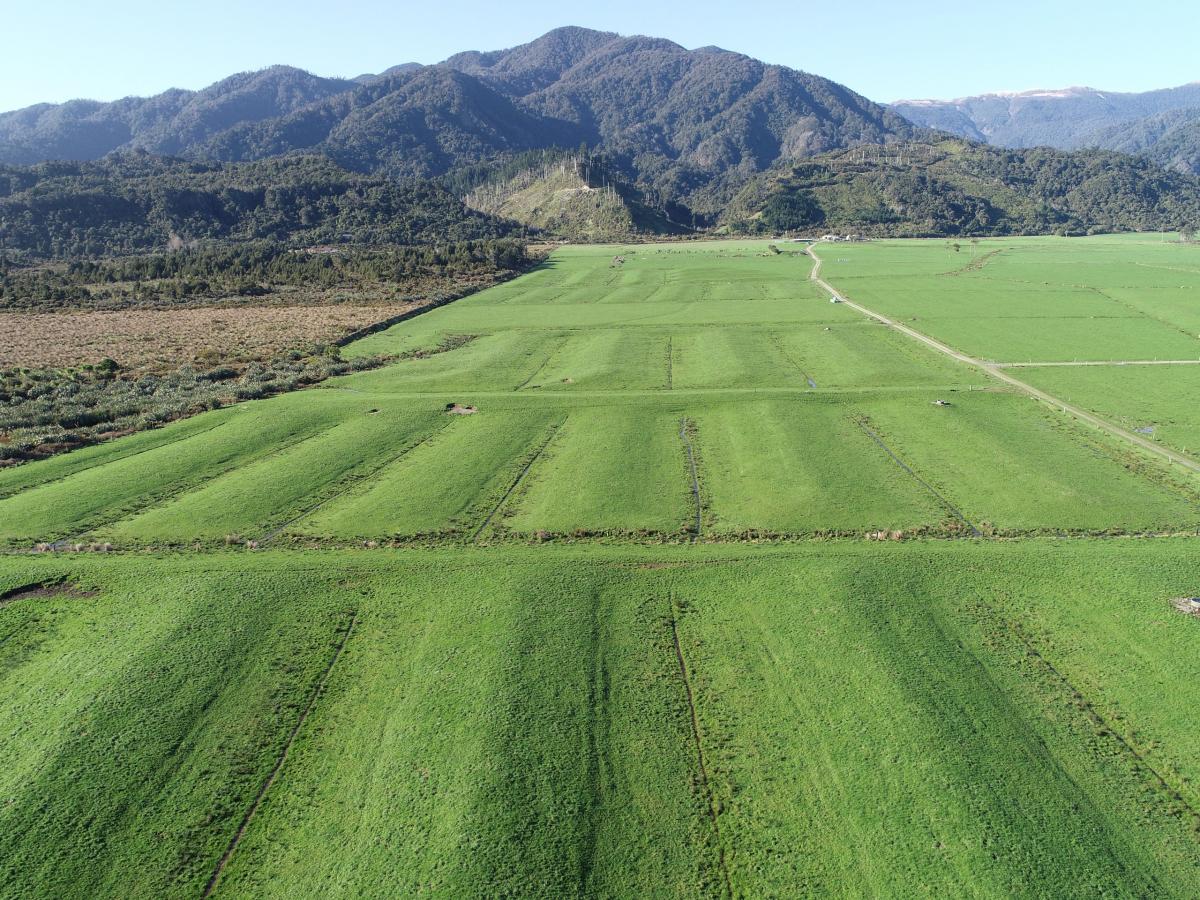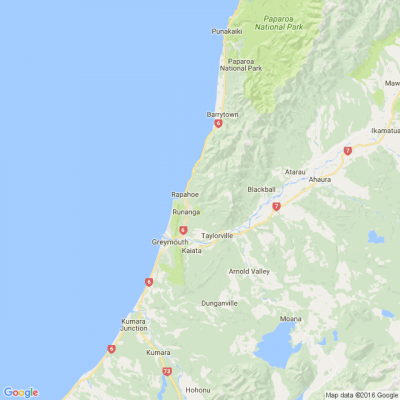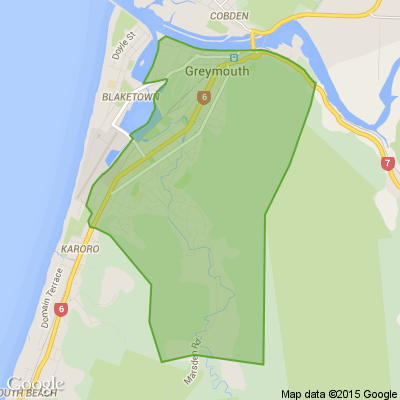‘Big omission’ in West Coast mine application — DOC
By local democracy reporter Brendon McMahon:
The lack of a lighting plan in a West Coast mine application near the breeding colony of the critically endangered Westland petrel "is a big omission", the Department of Conservation (DOC) says.
However, a DOC expert told a Grey District and West Coast Regional councils hearing on Monday that not every potentially fatal grounding of the nocturnal Westland petrel (tāiko) can be attributed to light attraction.
Mining company TiGa has reapplied for a resource consent for an open-cast mine at Barrytown, north of Greymouth.
During the hearing, DOC legal counsel Ceri Warnock said tāiko groundings are known to result in death "in half of all cases" and TiGa needed to engage an independent lighting expert to understand the risk posed by the mine.
The lack of a lighting plan in the TiGa application was "a big omission" and should be provided before any decision was made, she said.
However, DOC's Kate Simister told the hearing other factors can contribute to the death of the diving seabird including age, eyesight, nutrition, and the risk of commercial fishing by-catch.
But Simister said mitigating all the environment risk factors - including light interference - are critical to ensuring the tāiko does not become extinct.
The bird's survival rate is also threatened by increasing climate-driven erosion or landslips along the Punakaiki Coast, which can collapse onto breeding colonies, and the impact of marine heat waves in the past few years, she said.
TiGa proposes to extract heavy mineral concentrate (HMC) through sand mining 63 hectares of a Barrytown Flats farm.
HMC is in demand in the technology sector and for industrial use.
A previous application from the mining company was rejected two years ago.
Warnock said the department was "surprised" that TiGa had still not come forward with evidence from a lighting expert after four years.
This was fundamental to assess the impacts any light impact from the mine will have on the nocturnal tāiko as it flies to and from its breeding colonies in the Barrytown area.
TiGa's proposed mitigation measures did nothing to remove the "real risk" of the petrel groundings in and around the proposed mine site, Warnock said.
"I can't make any concessions until we see the lighting plan," she said.
While TiGa has already conceded it will only operate in daylight hours, how a lighting plan would operate during shift changeovers needed to be more specific, she said.
The department also noted 29 at-risk bird species within 10km of the proposed mine site including tāiko, Pacific reef heron, grey duck, and bittern.
The tiko was first identified as a distinct species in the 1940s and predominantly breeds in bush-clad colonies along the Punakaiki Coast including the Barrytown Flats.
Simister said grounded adult birds reported to the department by the public could be found as far north as Westport and as far south as Hokitika - although grounded juveniles were primarily found in the Barrytown area.
--------------------------
Since submissions opened TiGa has undertaken to:
* Restrict truck movements and mining to daylight hours.
* Enhanced penguin surveys and conservation efforts to avoid effects on korora.
* Investigate a fence to protect penguins from site.
* No dogs on site except conservation dogs.
* The processing plant to be fully housed in a building with strict exterior light restrictions.
* An updated avian management plan to address tāiko (Westland petrel) interactions on site, including shutting down the processing plant if two interactions are recorded in a four-week period.
* Bird surveys of areas surrounding the site for duration of the mine to inform any management plan for threatened and at risk bird species at the adjacent lagoon.
* Installing wildlife cameras to detect Korora and tāiko.
The proposal also involves reinstatement of planting along the adjoining Collins Creek, and the edge of its lagoon.
In addition, a fenced off 1.9ha wetland will be established in the northwest corner of the site when mining is finished.

Time to Tickle Your Thinker 🧠
If a zookeeper had 100 pairs of animals in her zoo, and two pairs of babies are born for each one of the original animals, then (sadly) 23 animals don’t survive, how many animals do you have left in total?
Do you think you know the answer? Simply 'Like' this post and we'll post the answer in the comments below at 2pm on the day!
Want to stop seeing these in your newsfeed? No worries! Simply head here and click once on the Following button.

Poll: As a customer, what do you think about automation?
The Press investigates the growing reliance on your unpaid labour.
Automation (or the “unpaid shift”) is often described as efficient ... but it tends to benefit employers more than consumers.
We want to know: What do you think about automation?
Are you for, or against?

-
9.5% For. Self-service is less frustrating and convenient.
-
43.2% I want to be able to choose.
-
47.2% Against. I want to deal with people.
Have you got New Zealand's best shed? Show us and win!
Once again, Resene and NZ Gardener are on the hunt for New Zealand’s best shed! Send in the photos and the stories behind your man caves, she sheds, clever upcycled spaces, potty potting sheds and colourful chicken coops. The Resene Shed of the Year 2026 winner receives $1000 Resene ColorShop voucher, a $908 large Vegepod Starter Pack and a one-year subscription to NZ Gardener. To enter, tell us in writing (no more than 500 words) why your garden shed is New Zealand’s best, and send up to five high-quality photos by email to mailbox@nzgardener.co.nz. Entries close February 23, 2026.







 Loading…
Loading…